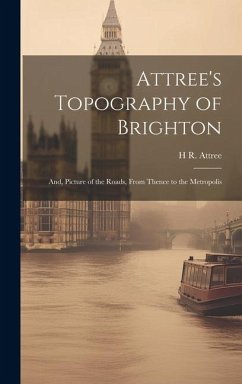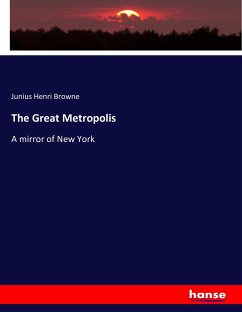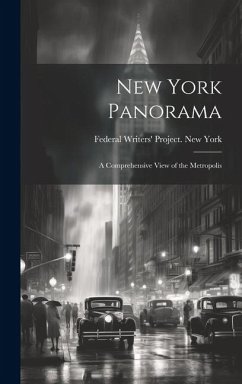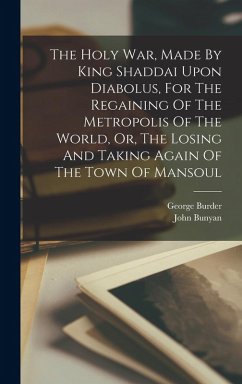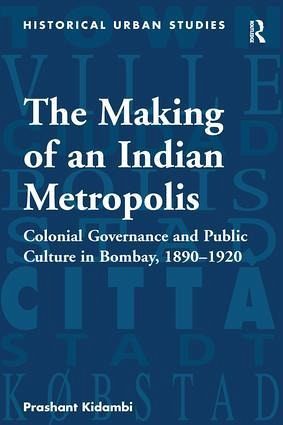
The Making of an Indian Metropolis
Colonial Governance and Public Culture in Bombay, 1890-1920
Versandkostenfrei!
Versandfertig in 1-2 Wochen
177,99 €
inkl. MwSt.
Weitere Ausgaben:

PAYBACK Punkte
89 °P sammeln!
This book explores the social history of colonial Bombay in the late Victorian and Edwardian eras, a pivotal time in its emergence as a modern metropolis. Drawing together strands that hitherto have been treated in a piecemeal fashion and based on a variety of archival sources, the book offers a systematic analytical account of historical change in a premier colonial city. In particular, it considers the ways in which the turbulent changes unleashed by European modernity were negotiated, appropriated or resisted by the colonised in one of the major cities of the Indian Ocean region. A series o...
This book explores the social history of colonial Bombay in the late Victorian and Edwardian eras, a pivotal time in its emergence as a modern metropolis. Drawing together strands that hitherto have been treated in a piecemeal fashion and based on a variety of archival sources, the book offers a systematic analytical account of historical change in a premier colonial city. In particular, it considers the ways in which the turbulent changes unleashed by European modernity were negotiated, appropriated or resisted by the colonised in one of the major cities of the Indian Ocean region. A series of crises in the 1890s triggered far-reaching changes in the relationship between state and society in Bombay. The city's colonial rulers responded to the upheavals of this decade by adopting a more interventionist approach to urban governance. The book shows how these new strategies and mechanisms of rule ensnared colonial authorities in contradictions that they were unable to resolve easily and rendered their relationship with local society increasingly fractious. The study also explores important developments within an emergent Indian civil society. It charts the density and diversity of the city's expanding associational culture and shows how educated Indians embraced a new ethic of 'social service' that sought to 'improve' and 'uplift' the urban poor. In conclusion, the book reflects on the historical legacy of these developments for urban society and politics in postcolonial Bombay. This wide-ranging work will be essential reading for specialists in British imperial history, postcolonial studies and urban social history. It will also be of interest to all those concerned with the comparative history of governance and public culture in the modern city.










